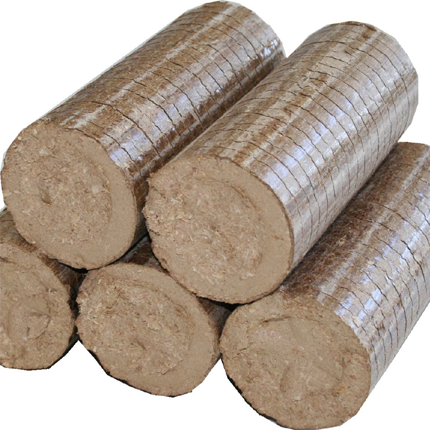
Production features
Natural fuels are a smart and efficient alternative to valuable mineral resources. Nestro briquettes can significantly reduce heating costs without sacrificing heating efficiency. This is especially important in the context of constantly rising prices for gas, coal and fuel oil. Nestro briquettes are made from sawdust without the use of foreign materials such as glue and plastic. This type of briquettes is suitable for various solid fuel boilers and is an ideal fuel for heating premises for various purposes, such as industrial premises, warehouses, residential buildings, restaurants, hotels, etc.
Advantages of Nestro briquettes
These briquettes will help you save more than other fuels. From one briquette you get a stable and high flame with good heat transfer and a long smouldering time.
- These fuel briquettes are practical because they can be used in a variety of areas and for different purposes. Briquettes are bought to heat houses, cottages, fireplaces, boilers and much more. They are also widely used for industrial purposes. The briquettes are stored on a 1200*800 pallet, the weight of the pallet is 960 kg, the briquettes are packed in 10 kg film, 10 pieces in each. There are 96 packages on one pallet.
- Low humidity - usually no more than 10%;
- Nestro oak briquettes provide several times more flame power than other fuels, and the duration of combustion exceeds all known indicators. At the same time, the duration of combustion exceeds all known indicators.
- Low ash content.
Burning 1 tonne of this natural fuel produces the same amount of energy as using 1.7 tonnes of conventional firewood or almost 500 cubic metres of gas.
We recommend that you buy this type of fuel to help you heat your premises during the cold season.
PRODUCTION
PRODUCT FEATURES
- Sustainability and renewability
- High combustion efficiency
- Easy and convenient storage and use
- Affordability
- Multifunctionality
- Large amounts of ash and emissions that have a negative impact on the environment
- Low combustion efficiency and heat loss
- Non-renewable fuels
- Difficulty of transport and storage
- More frequent need to replenish fuel reserves



